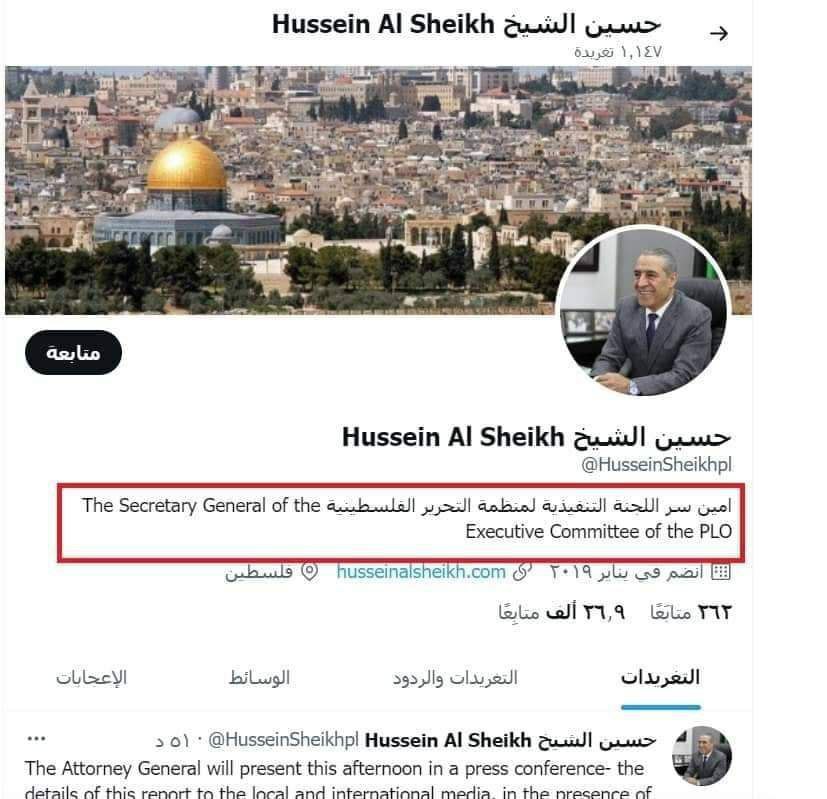Successor of Mahmoud Abbas Has Been Appointed
The PA’s Minister of Civil Affairs Hussein a-Sheikh was officially appointed as the Secretary of the Executive Committee in the PLO. This appointment filled the void created when Sa’eb Erekat (who died from Covid complications a year and a half ago), and this officially establishes a-Sheikh as the designated successor of Mahmood Abbas, the 87-year-old President of the Palestinian Authority.
Protests Take Place in Iran
The WHO Treaty Is Tied to a Global Digital Passport and ID System
The WHO recently announced plans for an international pandemic treaty tied to a digital passport and digital ID system. Meeting in December 2021 in a special session for only the second time since the WHO’s founding in 1948, the Health Assembly of the WHO adopted a single decision titled, “The World Together.”
The WHO plans to finalize the treaty by 2024. It will aim to shift governing authority now reserved to sovereign states to the WHO during a pandemic by legally binding member states to the WHO’s revised International Health Regulations.
In January of 2022 the United States submitted proposed amendments to the 2005 International Health Regulations, which bind all 194 UN member states, which the WHO director general accepted and forwarded to other member states. In contrast to amendments to our own constitution, these amendments will not require a two-thirds vote of our Senate, but a simple majority of the member states. Source: Brownstone Institute
Disney Junior Pushes Agenda
Disney Junior presents “dino daddies” who want “eggs of their own”,
Nobody Wants to Take Them
Stéphane Bancel, the CEO of Moderna CEO, laments the lack of demand for COVID vaccines and states, “I’m in the process of throwing 30 million doses into the garbage because nobody wants them.”
The Future Is Being Built by us?
“Let’s be clear the future is not just happening the future is built by us, a powerful community here in this room. We have the means to impose the state of the world” at the Davos meeting,” said Klaus Schwab when he addressed the World Economic Forum in Davos Switzerland.
Is the Freedom of Speech Threatened at Davos?
Australian eSafety commissioner Julie Inman Grant tells the World Economic Forum we need a “recalibration” of freedom of speech.


